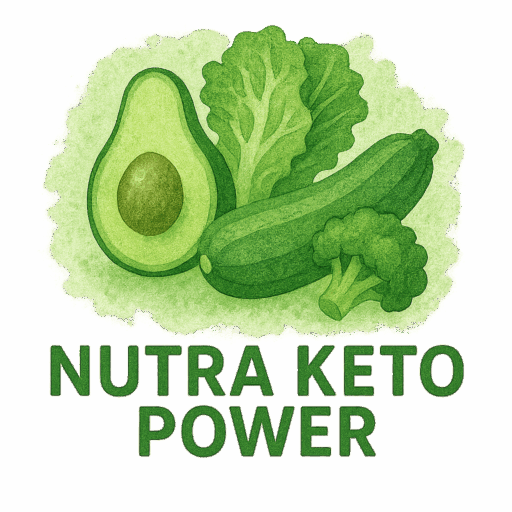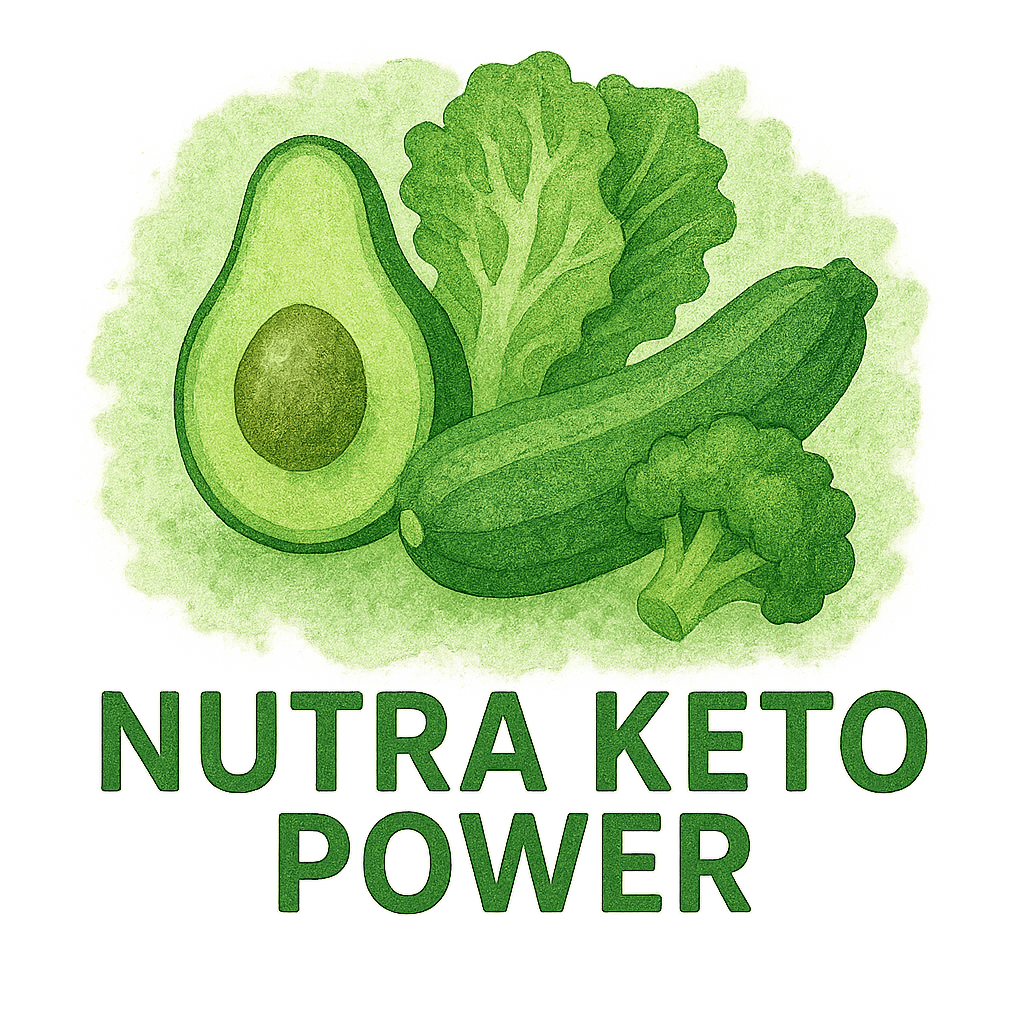What Is Inflammation and Why Should You Care?
Inflammation is your body’s natural way of protecting itself. Think of it like your internal fire alarm—it goes off when there’s a problem. But when that alarm doesn’t turn off? That’s chronic inflammation, and it’s linked to serious health issues like heart disease, arthritis, and even cancer.
Quick Refresher: What Is the Keto Diet?
The Keto Diet is a high-fat, moderate-protein, and very low-carb way of eating that flips your body’s energy source from glucose (sugar) to ketones (fat). It’s a core part of the keto lifestyle and has gained fame for its powerful weight loss benefits. But the real magic? It’s anti-inflammatory powers.
How the Keto Diet Fights Inflammation
Let’s dig into the 12 anti-inflammatory benefits of the keto diet and why your body might just thank you for going low-carb.
1. Lowers Inflammatory Markers (CRP and Cytokines)
C-reactive protein (CRP) is a major sign of inflammation. Studies show keto can reduce CRP levels significantly. It also lowers cytokines—those troublemaking proteins that spike inflammation. Lowering these markers puts your body in a calmer, healthier state.
2. Reduces Insulin Resistance
Insulin resistance is inflammation’s best friend. When your body resists insulin, it creates a chaotic sugar environment that triggers inflammation. Keto helps stabilize blood sugar and insulin, reducing internal chaos and calming inflammation.
Explore more about keto benefits tied to insulin resistance on our in-depth tag page.
3. Decreases Oxidative Stress
Oxidative stress is like rust in your body, leading to cellular damage and—you guessed it—inflammation. Ketones produced on a keto diet are clean-burning fuels that produce fewer free radicals, thus lowering oxidative stress.

4. Supports Gut Health
Gut Bacteria and Inflammation
An unbalanced gut can cause a leak in the intestinal lining (leaky gut), which floods your body with toxins and triggers inflammation.
Keto’s Role in Gut Restoration
Keto encourages a healthy gut microbiome by reducing sugar (which feeds harmful bacteria) and boosting fats that nourish good bacteria. This balance helps calm systemic inflammation.
If gut health is your concern, check out our collection of keto recipes to support digestive wellness.
5. Improves Mitochondrial Function
Your mitochondria are your cells’ power plants. When they work better, your body runs better. Keto improves mitochondrial efficiency, reducing the cellular stress that contributes to inflammation.
6. Balances Hormones Linked to Inflammation
Hormones like cortisol and insulin can become dysregulated from poor diet and stress. Keto helps normalize these hormones, especially when paired with a consistent keto routine.
7. Suppresses NLRP3 Inflammasome Activation
Sound complex? It is. But in short, the NLRP3 inflammasome is a key player in chronic inflammation. Ketones directly inhibit its activation—cutting off one of the root causes of inflammation.
Dive into the science of this in our tag: science section.
8. Aids in Autoimmune Condition Management
People with autoimmune diseases like lupus, rheumatoid arthritis, and MS often report improvement on keto. The reason? Reduced systemic inflammation helps calm overactive immune responses.
Explore the review stories of users with autoimmune recovery through keto.
9. Reduces Joint Pain and Stiffness
Less inflammation means fewer aches. The keto diet has helped many people ease their arthritis symptoms and general joint discomfort, allowing for better mobility and quality of life.
10. Enhances Mental Clarity and Reduces Brain Fog
Inflammation affects your brain, too. Ketones fuel your brain more efficiently than glucose, helping reduce brain inflammation. The result? Clearer thinking, better focus, and goodbye, brain fog.
11. Supports Healthy Weight Loss
Fat Loss and Its Anti-Inflammatory Effect
Fat cells release inflammatory substances. Shedding fat = shedding inflammation. Keto’s fat-burning state makes it one of the most efficient ways to reduce overall body inflammation.
Explore more on burn fat and sustainable weight strategies.
12. Minimizes Sugar-Related Inflammation
Sugar is gasoline for the fire of inflammation. Removing it from your diet (which you do on keto) is one of the fastest ways to calm your system down.
Check out our tips for fast sugar withdrawal and recovery.
Best Keto Foods with Anti-Inflammatory Properties
To turbocharge your results, focus on these anti-inflammatory keto foods:
- Wild salmon
- Avocados
- Leafy greens
- Turmeric
- Coconut oil
- Bone broth
- Berries (in moderation)
Explore delicious ideas on our tag: recipes page.
Real Stories: Keto and Inflammation Success
From less joint pain to improved autoimmune symptoms, the testimonials keep rolling in. Check out our full nutra keto power review section for firsthand experiences.
The Science Behind Keto and Inflammation
Numerous studies validate keto’s role in reducing inflammation, improving blood sugar control, and supporting brain and heart health. Head to our keto supplements section for research-backed options that enhance these effects.
How to Start a Keto Anti-Inflammatory Routine
- Cut carbs below 20–30g/day.
- Focus on healthy fats.
- Avoid processed “keto junk food.”
- Stay hydrated.
- Try supplements like magnesium, electrolytes, and exogenous ketones.
Common Mistakes to Avoid on a Keto Diet
- Eating too much dairy or processed meat
- Ignoring fiber (hello, constipation)
- Not tracking inflammation triggers
- Forgetting your habits matter
Key Takeaways
The keto diet isn’t just about slimming down—it’s about calming your body at the cellular level. By reducing inflammation, you’re giving yourself the best shot at long-term health and vitality.
Conclusion
If inflammation is the silent killer, then keto might just be the quiet healer. From gut health to joint support and clearer thinking, the anti-inflammatory benefits of the keto diet are too powerful to ignore.
Ready to feel better every day? Explore our full range of keto lifestyle tools and find your healthier path today.
FAQs
1. Can keto help with chronic inflammation conditions like arthritis?
Absolutely. Many people experience reduced joint pain and swelling thanks to keto’s anti-inflammatory properties.
2. How fast does keto reduce inflammation?
Some people feel better within a week, but noticeable anti-inflammatory effects typically build over 2–6 weeks.
3. Are there any risks to using keto for inflammation?
It’s best to consult with a healthcare provider, especially if you have underlying health issues or are on medication.
4. Do I need to be in ketosis to get the anti-inflammatory benefits?
Yes, entering ketosis maximizes the anti-inflammatory impact since ketones play a major role in the process.
5. Which keto foods are most anti-inflammatory?
Focus on oily fish, avocado, leafy greens, turmeric, and low-carb veggies.
6. Can I use keto supplements to boost results?
Yes, keto supplements like exogenous ketones, MCT oil, and electrolytes can enhance anti-inflammatory effects.
7. Where can I find more keto information and recipes?
Explore nutraketopower.com, especially the keto lifestyle, keto recipes, and weight-loss tips sections.


